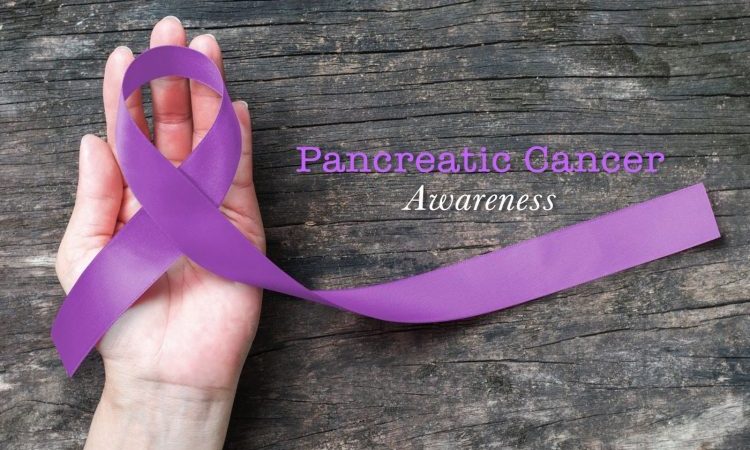Much more common than many people realize, skin cancer affects millions every year. Even forms that are usually not life-threatening can cause damage over time if not treated. Fortunately, skin cancer screenings will detect most types of skin cancer in their early stages when treatment can often eliminate it.




